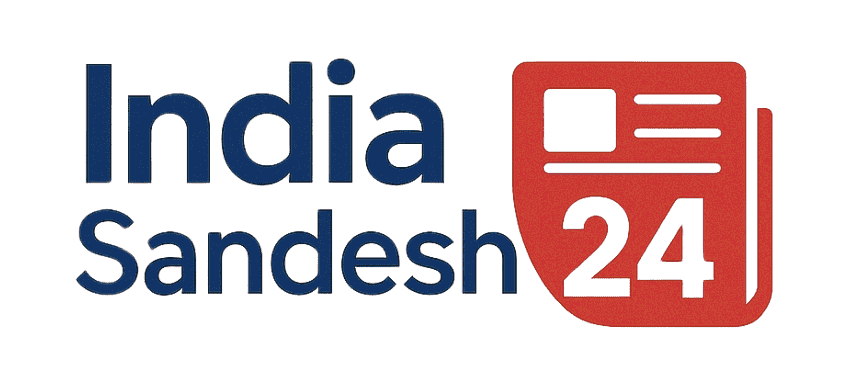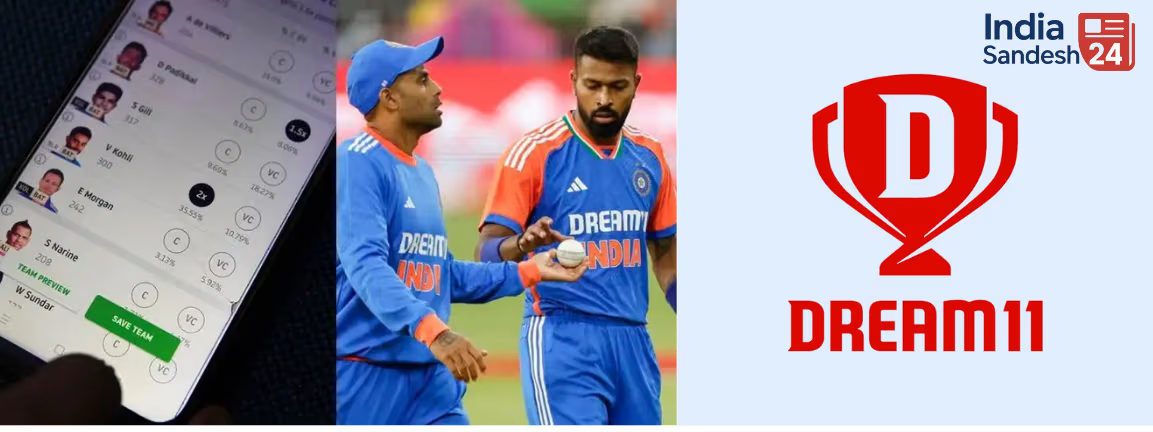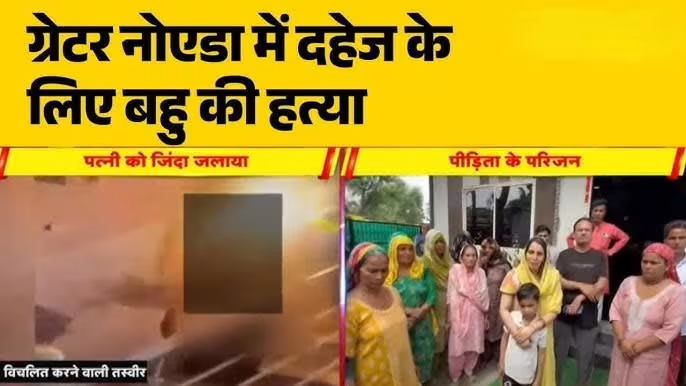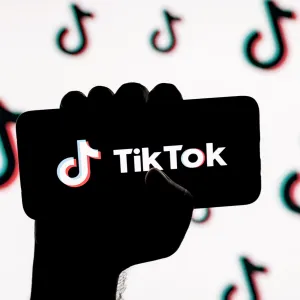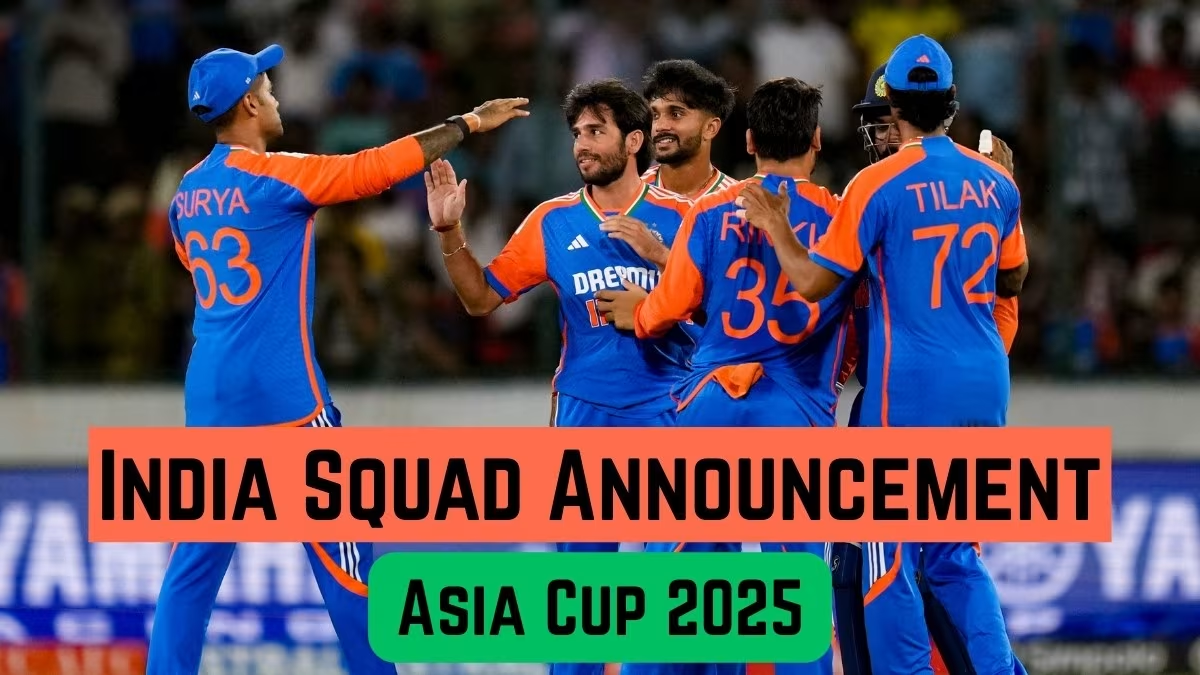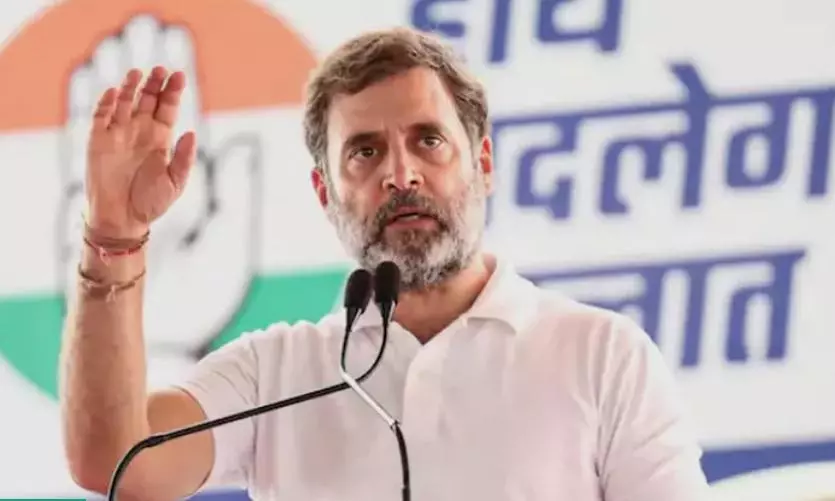
Introduction: Rahul Gandhi’s Bold Stand on English Education
On June 20, 2025, Congress leader Rahul Gandhi ignited a nationwide discussion with a powerful tweet advocating for English education for India’s poor children. His tweet, which accused the Bharatiya Janata Party (BJP) and Rashtriya Swayamsevak Sangh (RSS) of denying marginalized kids access to English learning, has sparked a heated debate on education, equality, and empowerment. Rahul Gandhi’s words resonate with a vision of an inclusive India, where English is not a privilege but a tool for progress.
In his tweet, he stated:
अंग्रेज़ी बाँध नहीं, पुल है।
— Rahul Gandhi (@RahulGandhi) June 20, 2025
अंग्रेज़ी शर्म नहीं, शक्ति है।
अंग्रेज़ी ज़ंजीर नहीं – ज़ंजीरें तोड़ने का औज़ार है।
BJP-RSS नहीं चाहते कि भारत का ग़रीब बच्चा अंग्रेज़ी सीखे – क्योंकि वो नहीं चाहते कि आप सवाल पूछें, आगे बढ़ें, बराबरी करें।
आज की दुनिया में, अंग्रेज़ी उतनी ही ज़रूरी… pic.twitter.com/VUjinqD91s
“English is not a barrier, it’s a bridge.
English is not shame, it’s strength.
English is not a chain—it’s a tool to break chains.”
Table of Contents –
Why Rahul Gandhi’s Tweet Matters -Rahul Gandhi Sparks Debate
Empowering Poor Children Through English
Rahul Gandhi’s tweet emphasizes that English education is a gateway to empowerment for poor children. In India, English is often associated with elite schools and urban privilege, leaving millions of rural and underprivileged kids without access. This creates a stark divide, limiting their ability to secure high-paying jobs or compete globally. By framing English as a “bridge” and “strength,” Rahul Gandhi underscores its role in breaking socio-economic barriers and fostering equality.
A Direct Critique of BJP-RSS Policies
The tweet takes a sharp jab at the BJP-RSS, accusing them of deliberately restricting English education for the poor to suppress their ability to question authority or achieve equality. This aligns with Rahul Gandhi’s ongoing narrative of challenging policies that favor cultural nationalism over practical empowerment. His statement comes in response to remarks like those from Union Home Minister Amit Shah, who suggested that speaking English might soon be a source of “embarrassment” in India. Rahul Gandhi counters this by positioning English as a tool for poor children to rise, not a cultural threat.
English in a Globalized World
In 2025, English remains the global language of business, technology, and innovation. From IT hubs in Bengaluru to international diplomacy, English proficiency is a critical skill. Rahul Gandhi’s tweet highlights that denying poor children this skill is akin to denying them a chance to compete. Empowering poor children with English education ensures India’s youth can contribute to the nation’s growth and global competitiveness.
The Socio-Economic Impact of English Education
Breaking the Cycle of Poverty
English proficiency opens doors to lucrative careers in sectors like IT, healthcare, and hospitality. For poor children, learning English can mean the difference between a low-wage job and a stable, well-paying career. Rahul Gandhi’s vision of English as a “tool to break chains” reflects its potential to lift entire families out of poverty, creating a ripple effect of empowerment.
Building Confidence and Opportunities
Beyond economics, English education boosts confidence. Many young Indians feel marginalized in professional or urban settings due to their lack of English skills. By equipping poor children with fluency, we empower them to express themselves, engage with diverse communities, and seize opportunities. This aligns with Rahul Gandhi’s call for an India where every child has the strength to dream big.
Preserving India’s Linguistic Diversity
Rahul Gandhi’s tweet also acknowledges the value of India’s native languages, stating, “Every Indian language has a soul, culture, and knowledge.” He advocates for a balanced approach where English complements, not replaces, mother tongues. This ensures poor children remain rooted in their heritage while gaining the skills needed for global success.
The Political Context: BJP-RSS vs. English Education
Ideological Divide on Language
The BJP-RSS have long promoted Hindi and regional languages as part of their cultural nationalism agenda. While this is a valid effort to preserve India’s linguistic heritage, critics argue it sometimes marginalizes English education, especially in government schools serving poor children. Rahul Gandhi’s tweet challenges this narrative, framing English as a tool for empowerment rather than a colonial relic.
Education Inequality in India
India’s education system reflects deep disparities. Private schools offer English-medium education, while government schools, especially in rural areas, often lack qualified teachers and resources. This gap perpetuates inequality, leaving poor children at a disadvantage. Rahul Gandhi’s tweet calls for systemic change to ensure English education is a right, not a privilege, for every child.
Public Reaction to the Tweet
The tweet has polarized opinions. Supporters praise Rahul Gandhi for championing poor children’s empowerment, while critics, including BJP supporters, argue he’s politicizing education. Social media platforms like X show a mix of sentiments, with some users calling for inclusive education policies and others defending the promotion of Indian languages. This debate underscores the need for a nuanced approach to language education.
How to Ensure English Education for Poor Children
Reforming Public Education
To make English education accessible, India must strengthen its public schools. Key steps include:
- Teacher Training: Hire and train teachers proficient in English to deliver quality instruction.
- Curriculum Overhaul: Introduce English as a core subject from primary levels, focusing on practical skills like speaking and writing.
- Resource Allocation: Equip schools with books, digital tools, and language labs to support English learning.
Harnessing Technology for Access
Technology can democratize English education for poor children. Initiatives like:
- E-Learning Platforms: Free apps like Duolingo or government-backed platforms can offer interactive English lessons.
- AI-Driven Tools: AI-powered apps can provide personalized learning, helping students progress at their own pace.
- Mobile-Based Programs: Reach remote areas with SMS-based lessons or mobile apps tailored for low-income communities.
Promoting Bilingual Education
A bilingual model ensures poor children learn English without losing their native languages. Schools can:
- Dual-Language Programs: Teach subjects in both English and regional languages to build fluency in both.
- Cultural Integration: Celebrate India’s linguistic diversity while highlighting English’s practical benefits.
- Community Engagement: Educate parents about the value of English for their children’s future.
Public-Private Collaboration
Partnerships can accelerate English education for poor children. Examples include:
- Scholarships: Fund English courses or schooling for underprivileged students.
- CSR Initiatives: Encourage companies to support English learning programs.
- NGO Efforts: Back organizations providing free English classes in rural areas.
Rahul Gandhi’s Vision for an Empowered India
Global Competitiveness
By advocating for English education, Rahul Gandhi envisions an India that competes globally. English proficiency will enable poor children to become IT professionals, entrepreneurs, or diplomats, strengthening India’s economic and diplomatic standing.
Equality and Empowerment
The tweet’s core message is equality. English education can level the playing field, empowering poor children to challenge systemic barriers. Rahul Gandhi’s call for empowerment resonates with his broader mission of uplifting marginalized communities.
A Roadmap for Change
The tweet is a call to action for policymakers, educators, and citizens. It urges India to prioritize inclusive education policies that ensure every child, especially the poor, has access to English. This vision aligns with creating a society where opportunities are not dictated by class or language.
Conclusion: Building a Future of Equality and Opportunity
Rahul Gandhi’s tweet has sparked a vital debate on English education and its role in empowering poor children. By calling out the BJP-RSS and framing English as a bridge to opportunity, he challenges India to rethink its education priorities. English is not just a language—it’s a tool for poor children to break free from poverty, gain confidence, and compete globally.
To realize this vision, India must reform its public schools, leverage technology, promote bilingual education, and foster partnerships. By ensuring English education for every child, we can build an India where poor children have the strength to question, the skills to succeed, and the opportunity to shine. Rahul Gandhi’s tweet is not just a statement—it’s a blueprint for a more equitable and empowered future.
